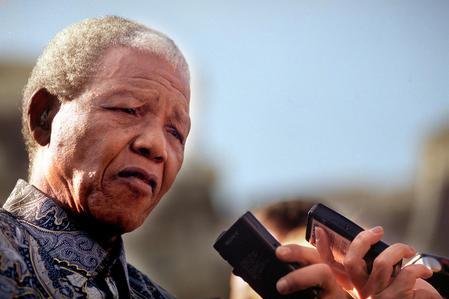NATO air defense takes down Iranian missile heading toward Turkey
March 4 (UPI) — NATO air and missile defenses intercepted a ballistic missile launched from Iran heading toward Turkish airspace on Wednesday.
The Turkish Ministry of National Defense announced that the ballistic missile had crossed Iraqi and Syrian airspace before being neutralized by NATO air defenses posted in the Mediterranean Sea. There were no casualties or injuries.
“Our resolve and capacity to ensure the security of our country and citizens are at the highest level,” the Ministry of Defense said in a press release translated from Turkish. “While Turkey supports regional stability and peace, it is capable of ensuring the security of its territory and citizens, regardless of who or where the threat comes from.”
The ministry did not say what it believed the intended target of the missile to be.
The Iranian missile is the first fired toward NATO territory since the conflict began. It followed a warning from Tehran that European countries supporting the United States and Israel would face retaliation from Iran.
Iran has launched missiles and drones toward countries in the Middle East that have a U.S. military presence in response to the U.S. and Israeli strikes on Iran.
“NATO stands firmly with all allies, including Turkey, as Iran continues its indiscriminate attacks across the region,” Allison Hart, NATO spokeswoman, said in a statement. “Our deterrence and defense posture remains strong across all domains, including when it comes to air and missile defense.”
After being intercepted, debris from the missile fell in the Turkish province Hatay in south-central Turkey near the Syrian border.
Turkish President Recep Tayyip Erdogan said in a social media post on Tuesday that he wishes to see a diplomatic solution to the ongoing conflict.
“We do not wish to witness conflict, war, tension and massacre right next door,” Erdogan said. “Our stance on the illegal attacks targeting Iran is also in this direction.

